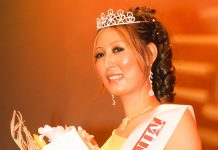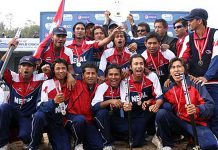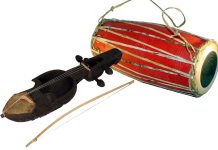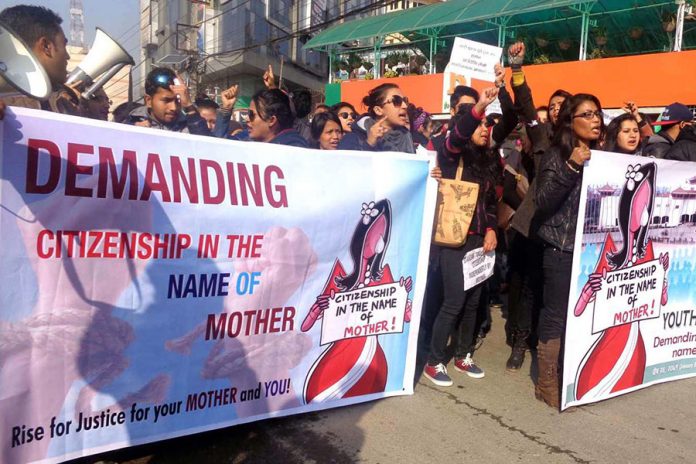“Now, Nepali women can transfer their citizenship to their children and their spouse, so you need not worry.” This was what Nabin Khanal, an advocate, told me three weeks ago while briefing about the new constitutional provisions in the Citizenship Act.
I had heard a lot about the amendment but I was not willing to believe in it until I heard it from a lawyer. Much elated, I rushed to a telephone booth to talk to my in-laws in India. On my way, I had a flashback of the time when my in-laws had questioned me, “Why are you talking of settling in Nepal? Our son cannot acquire the citizenship through you and he will be deprived of so many things there. Why do you want to drag him to a place where he will be treated as an ‘outsider’?” Then, their words had silenced me. My dignity was so badly wounded that I didn’t want to argue with them.
But today I was going to tell them, “My dear in-laws, things have changed in Nepal. Like your son can transfer his Indian citizenship to me, now I can also transfer my Nepali citizenship to him.
“Over the phone, I managed to speak as effectively as I could. Of course, they felt awful because the new provision was not in their favor. “After marriage, the bride must adjust to the place where her husband lives.
While wives come to husbands’ place; you are talking of taking your husband with you,” they reflected their traditional attitude in a faint voice. I could understand their sentiments but I was more attached to my emotional world which had compelled me to quit India for Nepal. A week later, I happened to attend a program organized by Forum for Women, Law and Development (FWLD) with one of my journalist friends. I was shocked to hear them discussing of ways to give equal citizenship right to women.
Slowly, it dawned to me that the lawyer who had assured me not to worry about transferring my citizenship to my husband was ignorant of the amendments himself. Women were given the rights to transfer their citizenship to their kids but not to their spouse yet. And, it felt so pathetic that the amended version was still far from complete. Unlike for men, many discriminatory conditions are placed for women. For instance, mothers would lose the right to transfer their citizenship if they failed to prove themselves permanent residents of the locality.
I wonder what is it that the country finds so different between a son and a daughter? Why my brother doesn’t have to worry about transferring his Nepali citizenship to his non-Nepali wife while I have to face problems with my family to do the same? Why do concerned authorities frame biased laws when they know that it determines the course of life of half of the population?
Why should they take so much time to eliminate the discriminatory provisions when the goal is clear, and the track is free? An updated version of ‘Discriminatory laws in Nepal and their impact on women’ is in my hand. It says, “Despite being a party to sixteen international human rights instruments, including the convention on the elimination of all forms of discrimination against women (CEDAW), Nepal still has at least 173 legal provisions, spread in 83 different laws, including the constitution, that have discriminatory provisions. And the adverse effects of such discriminatory provisions are economic dependency, domestic violence, lack of access to resources and exploitation in all its forms.” Few of the laws got corrected after the April movement. To ensure gender equality, a lot needs to be done yet.
Many of my friends are of the opinion that it is because of the rigid, grey haired, old people that the bills which ensures ‘equality’ are not passed in the parliament. This might be true because their vision is totally different from that of the younger generations. It is very embarrassing to encounter such male chauvinists, who are always eager to undermine women and discourage them. At the same time, they choose to remain oblivious to female achievers around them so that their self-assumed superiority doesn’t face a crisis.
At the present juncture, Nepal is eagerly awaiting for the new constitution. Involvement of such characters in the policy level should be checked in time and young, energetic, and progressive people should replace them.
So, it goes without saying that our New Nepal is ready for nothing less than an all inclusive society which is totally free from gender discrimination, among others.
– Anjali Subedi Thapa










































